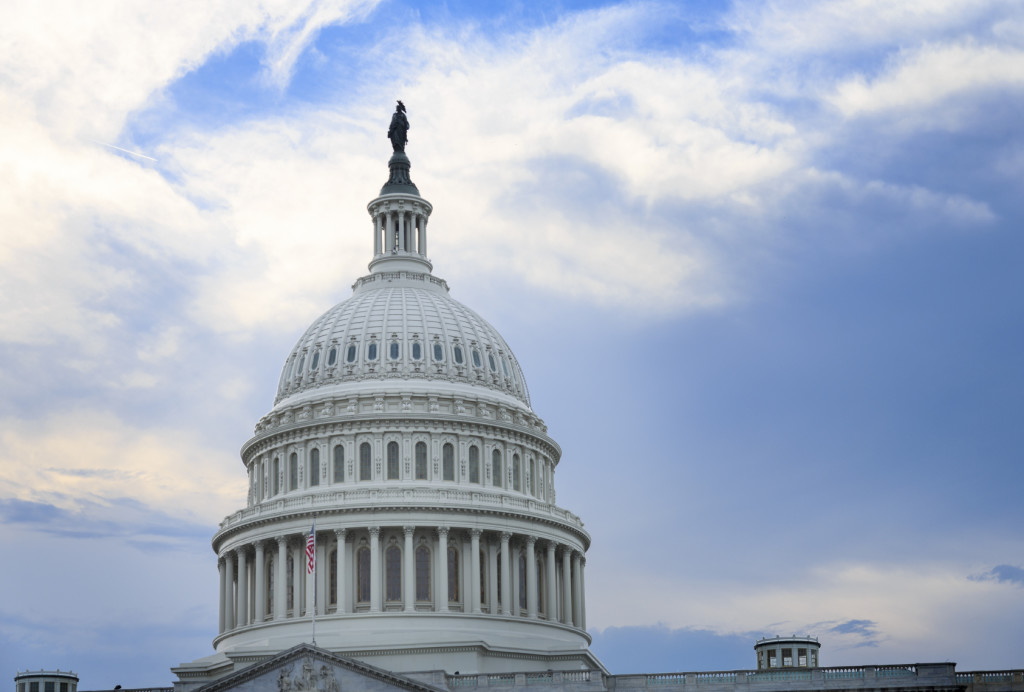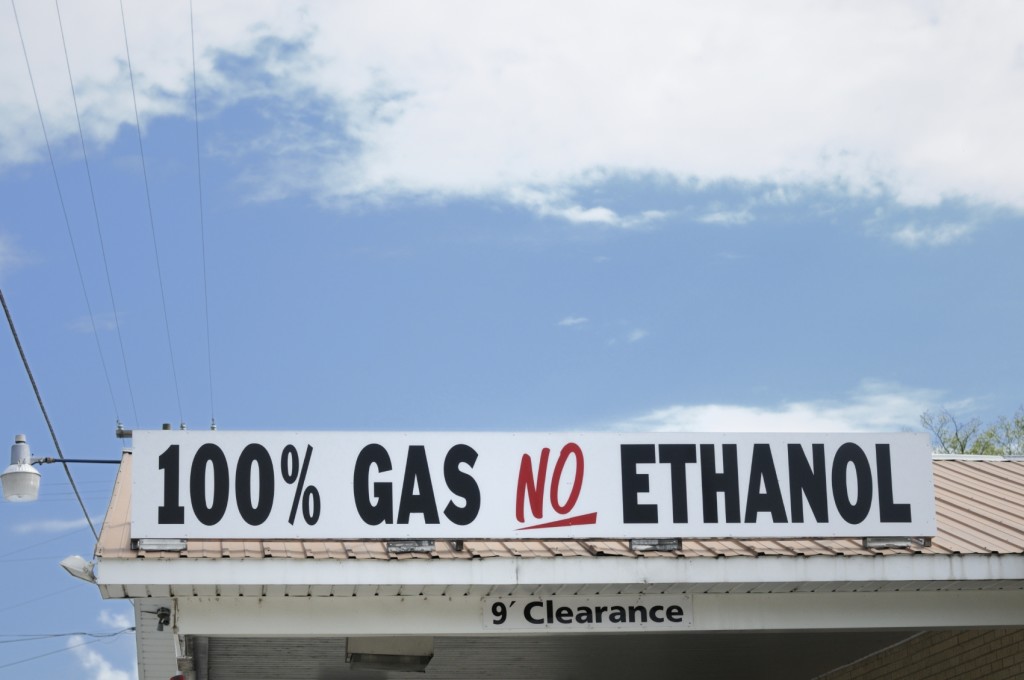UN Condemns Biofuels in New Report
For decades, principled defenders of free energy markets have pointed out the absurdities of government support for biofuels. The decentralized market system provides the proper feedback—in the form of the profit/loss test—to investors to determine the correct mix of various sources in the country’s overall energy output. If it really made economic sense produce over 14 billion gallons of ethanol in 2014, then it wouldn’t take government interference to force that outcome. The fact that proponents of mandates for ethanol always run to the government, just shows that their schemes can’t stand on their own footing.
Naturally, these types of arguments didn’t resonate well with progressive environmentalists, who typically have little sympathy for resource efficiency let alone the bottom line for investors. Yet even environmentalists in recent years have begun turning on biofuels. It turns out that not mandating ever-increasing amounts of biofuels bad economically—they’re not even good for the environment.
Indeed, the environmental case against biofuels has gotten so strong that even the United Nations has reversed its position. As a recent Telegraph article reports:
The United Nations will officially warn that growing crops to make “green” biofuel harms the environment and drives up food prices, The Telegraph can disclose.
A leaked draft of a UN report condemns the widespread use of biofuels made from crops as a replacement for petrol and diesel. It says that biofuels, rather than combating the effects of global warming, could make them worse.
The draft report represents a dramatic about-turn for the UN’s Intergovernmental Panel on Climate Change (IPCC).
…
The summary for policymakers states: “Increasing bioenergy crop cultivation poses risks to ecosystems and biodiversity.”
Biofuels were once billed as the green alternative to fossil fuels, but environmental campaigners have voiced concern about them for some time.
…
Referring in part to deforestation, [the leaked IPCC report] says any benefit of biofuel production on carbon emissions “may be offset partly or entirely for decades or centuries by emissions from the resulting indirect land-use changes”. On biofuel production from corn, it adds: “Resulting increases in demand for corn contribute to higher corn prices and may indirectly increase incidence of malnutrition in vulnerable populations.”
Although we can applaud the forthcoming IPCC report for finally acknowledging the obvious, there is a broader point here. When the government intervenes in the market, it disturbs the “natural equilibrium” that the social system of production and exchange had established. As much as many progressive natural scientists want to deny it, there are objective laws of economics. When policymakers tinker with market outcomes, they achieve all sorts of unintended consequences—even though they may be perfectly predictable consequences.
We hope environmentalists—who are all too aware of “unintended consequences” when it comes to natural ecosystems—might have more humility in the future regarding the pet programs that they still endorse. Whether it’s wind turbines slaughtering birds or anti-carbon policies condemning developing nations to decades of poverty, the still-favored environmental policies have plenty of unintended consequences that undercut their stated goals. If environmentalists turned out to be dead wrong about biofuels, will they consider the possibility that they’re wrong on other government interventions into markets too?
IER Senior Economist Robert P. Murphy authored this post.




